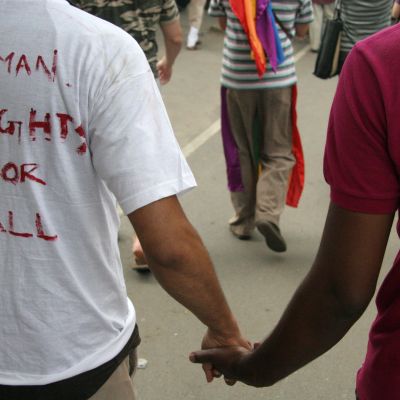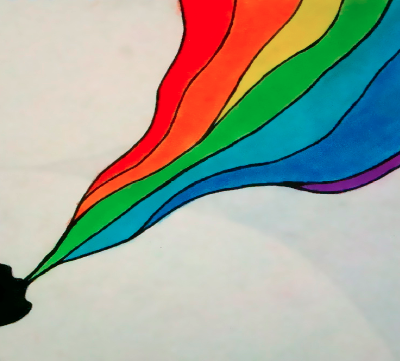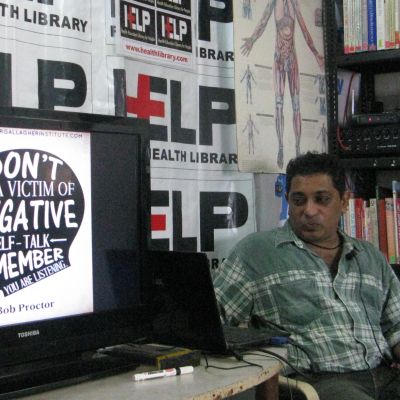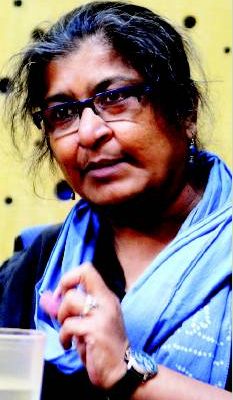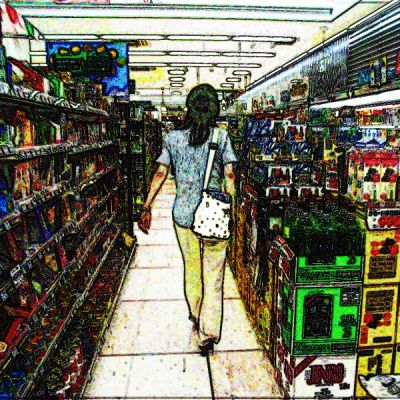Voices
Friendship has always remained a thinly coded term for same-sex love within queer discourses, and early writings in favour of…
In 2008, there were two important sets of events that happened: six weeks of intense hearings at the final arguments stage in the Naz Foundation case at the Delhi High Court, where section 377 of the Indian Penal Code was being challenged, and a bunch of folks in Delhi deciding that they were going to organize a Pride March. While these don’t seem obviously connected, they were both expressions of freedom, one in constitutional terms within the courtroom, and the other, a very public expression of freedom, taking to the streets.
Where we are now: In August this year the Supreme Court of India declared that privacy at its core includes…
For long, a major section of our population considered people belonging to sexual ‘minorities’ as being mentally ill. They believed…
For I was a woman / Taught to chain herself gracefully / In an invisible cage.
I run an NGO called AASRA, a 24×7 crisis intervention center for the depressed and suicidal. Day in and day…
Standing behind the camera, with a microphone in one hand, I have felt this power imbalance first hand. The camera may humanise the person in front of it more than a text analysis would, but the modes of production remain in someone else’s hands.
As I began to read about feminist methodology in academic research, it felt like I finally found words to articulate my experience. Feminist methodology addresses problems in traditional forms of scientific and social research, such as giving high regard to objectivity and rationality, and the power equation in the researcher-subject relationship.
The use of terms that convert the movement for women’s empowerment into extreme militancy in order to reject the movement altogether is indeed a sombre example of diverting attention from the real problems that exist in society and projecting women’s protests against sexual crimes or standing up for their rights as one of “mob lynchings” or wrongly adducing the news of repealing “Adultery” as a move that allows women to have sexual relations outside of marriage.
Chayanika Shah [1] in conversation with Vivek Vellanki Vivek Vellanki: You did your PhD in Physics from IIT in the 1980s,…
“Large will not fit you.” / She is scoping me, up and down, eyes / Flicking fast and darting away…“Try extra-large instead.”
“Large will not fit you.” / She is scoping me, up and down, eyes / Flicking fast and darting away / From the roundness of my breasts / To the happy jiggle of my thighs.
I am a feminist, sex-positive and LGBT affirmative Clinical Psychologist. Having that openly and publicly stated means that my clients feel very safe discussing some of the more taboo topics, especially ones that we are made to feel ashamed of. One of these is the topic of the rape fantasy.
“At the same time, eroticism in the home requires active engagement and willful intent. It is an ongoing resistance to…


